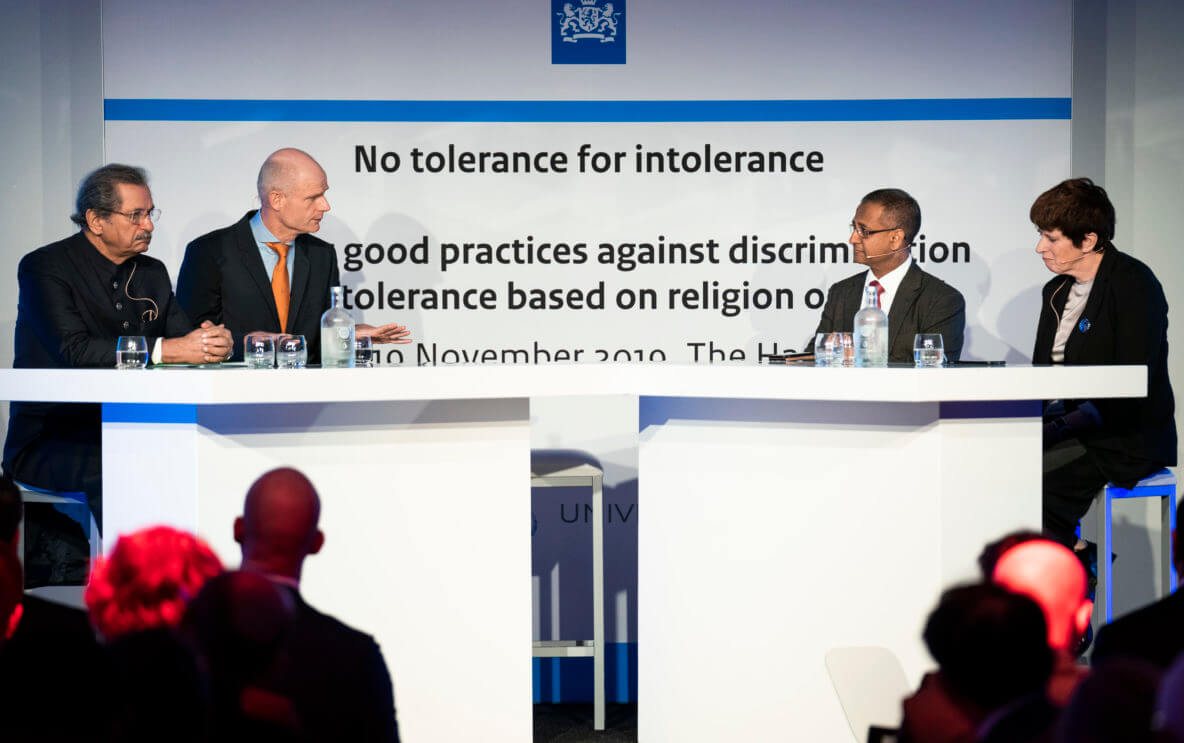
Question of Indoctrination in “Free and Compulsory Education”
Excerpt from original article “Single National Curriculum and the Parents Freedom to Choose” by Zeeba T. Hashmi that first appeared in Voicepk.net. In the updated version published here, more questions are raised over the implications of this policy on Pakistan.
In Pakistan’s constitutional framework, it is enshrined under Article 25-A as a fundamental right meant for children between ages 5 to 16. This means the state is responsible for the provision of free and compulsory education.
Here, one must be careful in understanding the meaning of free and compulsory education and how the government itself perceives it. The Universal Declaration of Human Rights, of which Pakistan was an early signatory, clearly states that “parents have a right to choose the kind of education that shall be given to their children.”
The International Covenant on Economic, Social and Cultural Rights, to which Pakistan is a state party, also stresses on the liberty of parents to choose their children’s schools, other than those established by public authorities. This right is again reiterated in International Covenant on Civil and Political Rights, to which Pakistan is also a party and is bound to devise domestic laws in conformity.
Pakistan is also bound to one of the most important instruments, the Convention on the Rights of the Child. To understand in detail how it stresses the right to education, its two articles namely 28 and 29 deserve to be understood in essence. Article 28 mentions the state’s responsibility for the provision of free and available education for all, the inclusion of vocational education, making arrangements for higher education based on capacities, providing financial assistance, and reducing dropout rates.
Article 29 elaborates on the direction of education for the child that can result in the development of their personalities and talents, developing respect for human rights and fundamental freedoms, development of respect for one’s parents, their own cultural identity, language, and values, etc., incorporating civic responsibility, in the spirit of understanding, peace, tolerance, equality of sexes, and friendship among all peoples, ethnic, national and religious groups and persons of indigenous origin.
Though Pakistan is not a signatory, but a UNESCO Convention against Discrimination in Education (1960) – which is also an important tool for enhancing SDG 4 goals – also stresses on state parties to respect the liberty of parents to choose institutions for their children.
To summarize, the essence of parents’ freedom to choose for their children, there is no confusion in international instruments stressing on choices. The direction for the state is to maintain the conformity of minimum education standards, the one that doesn’t infringe upon the individual rights of identity, religion, or personal conviction of the children or their parents.
If we are to understand it in our context, Article 22 (1) of our constitution also abides its machinery to provide a safeguard against receiving religious education other than their own, a fundamental right that stands badly violated when children belonging to non-Muslim communities attend formal schools. This violation comes when they are compelled to receive Islamiyat education as a compulsory subject due to inaccessibility to alternate courses.
What goes in the education and how can it be made accessible should be determined by the element of choice that can allow a room for continuous improvement and a healthy competition. Quality education should be made available through different modes with flexible curriculum frameworks that different schools/educational institutions can adhere to with convenience. Indoctrination has to leave our textbooks for once and the best the state can do is to ensure that learning at formal schools is made more objective, enquiry-based, and free from all sorts of prejudices. Ideological education systems cannot be merged with formal education system, and making madrassahs system interdependent with our formal schooling system under Single National Curriculum will prove to be a disaster for Pakistan.



